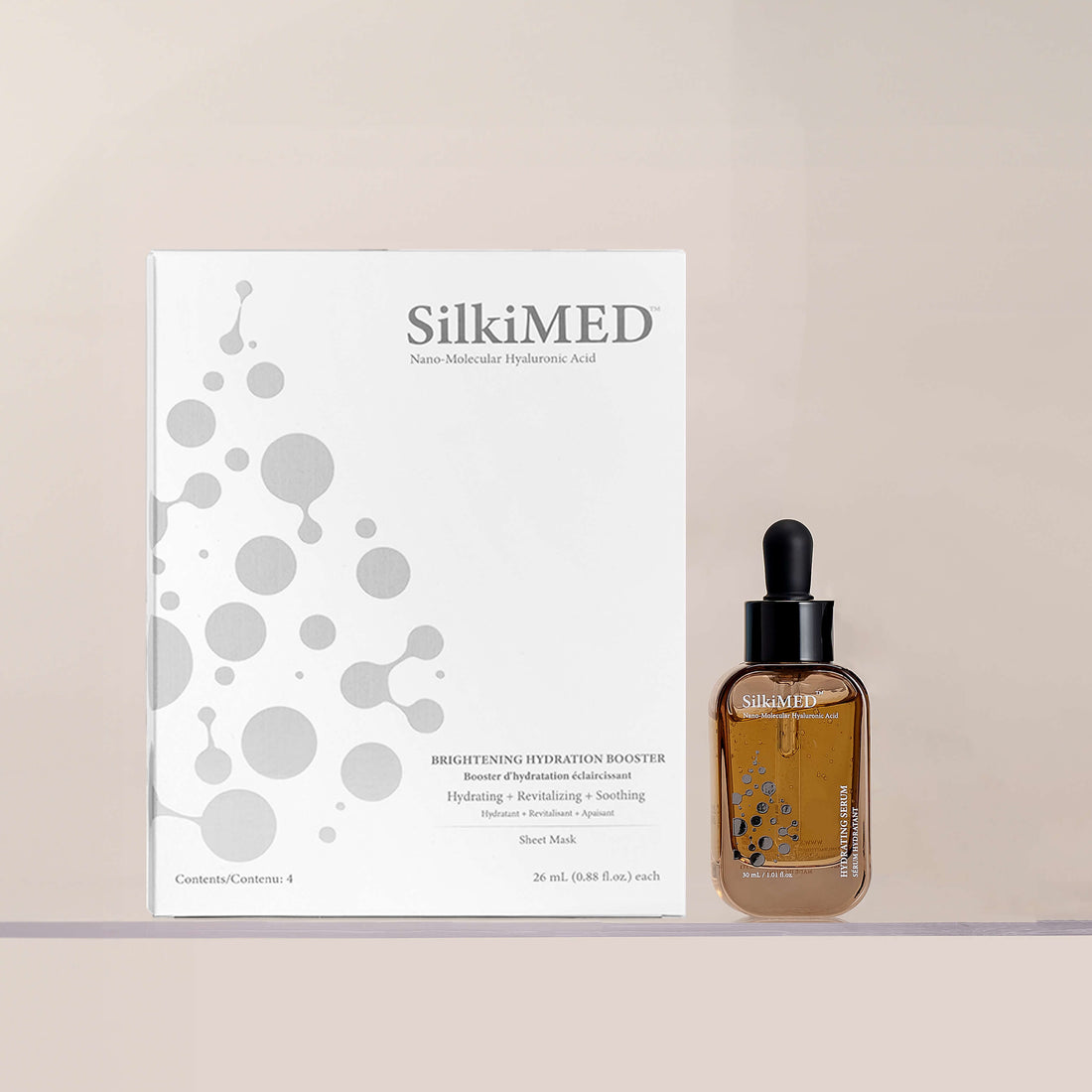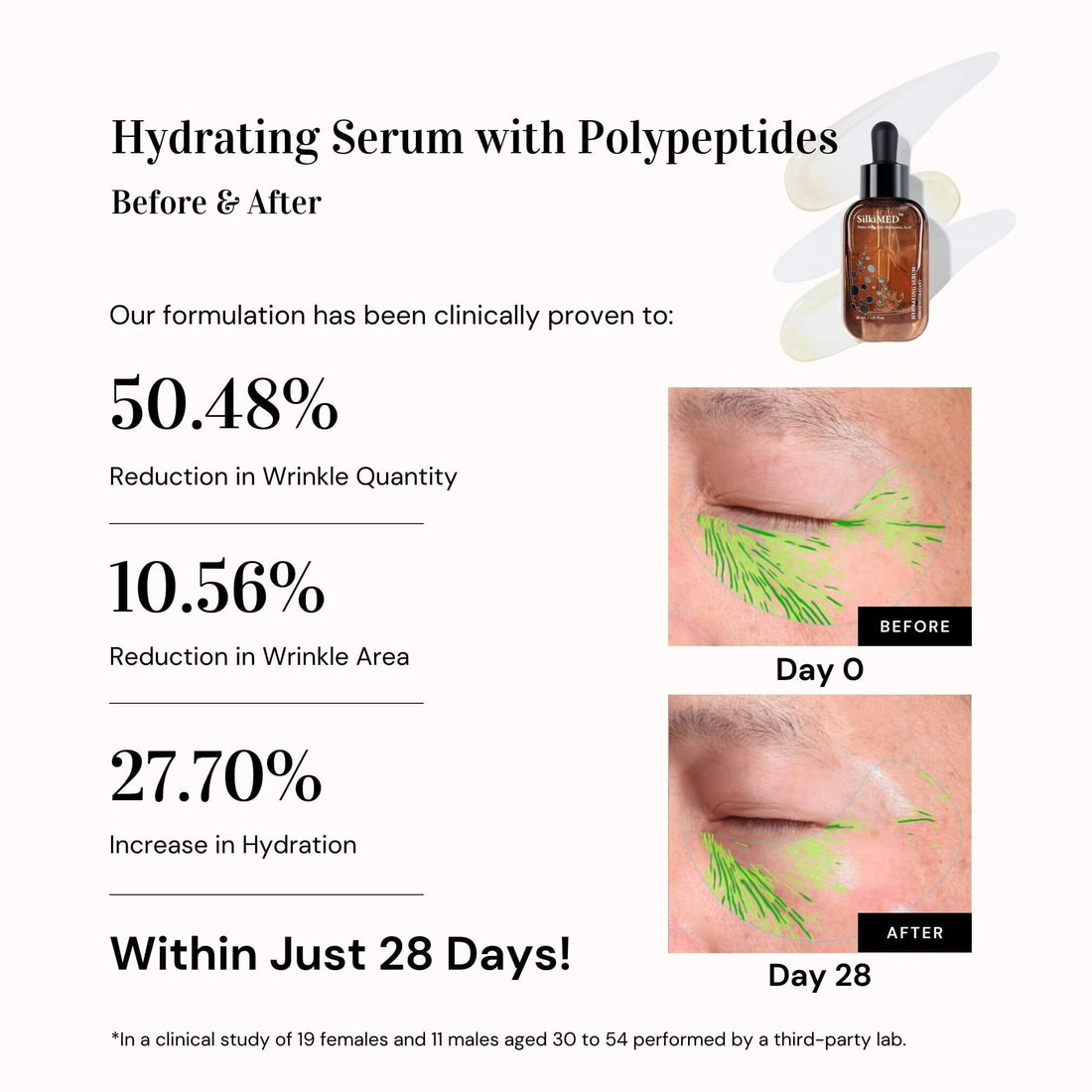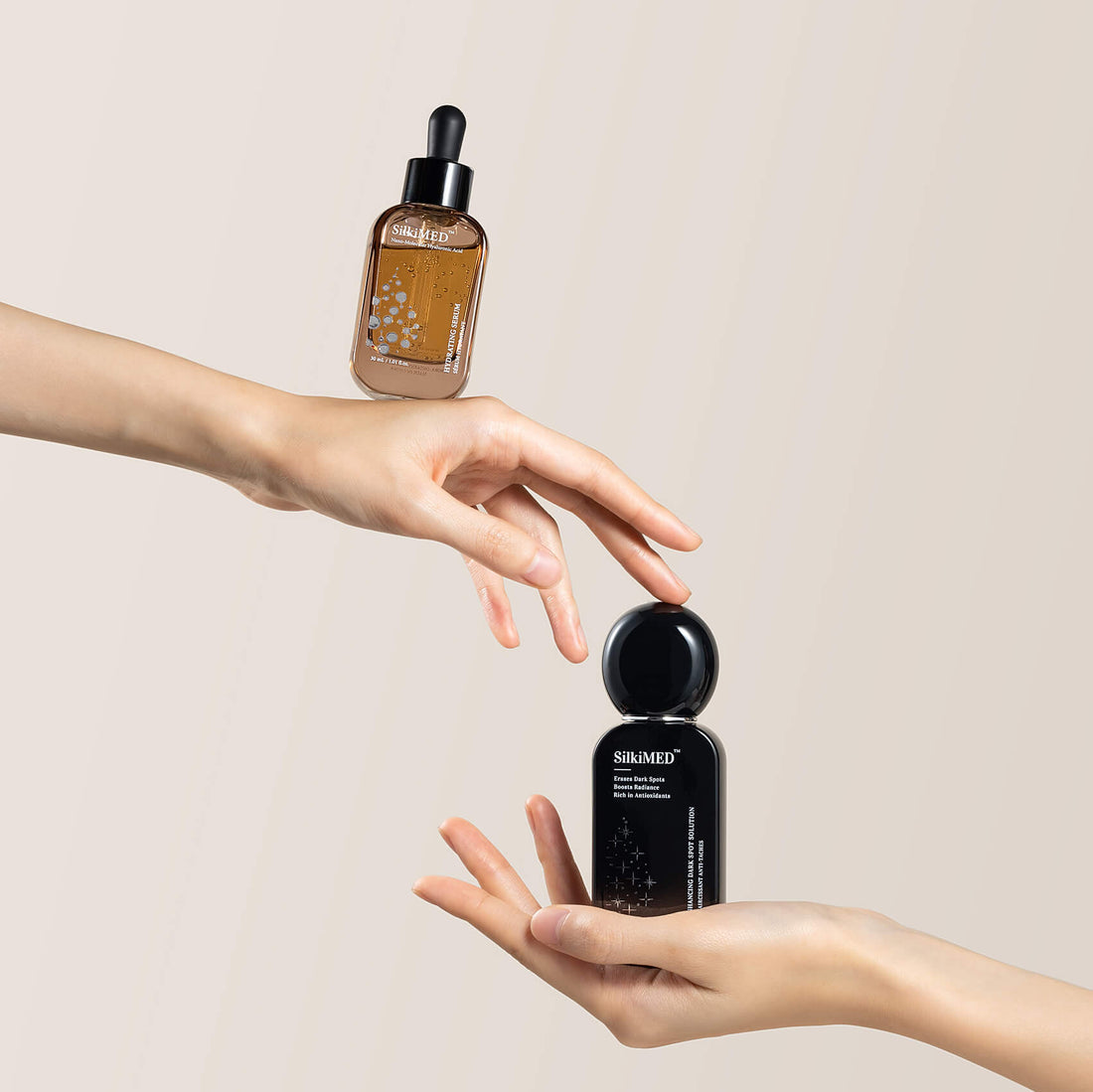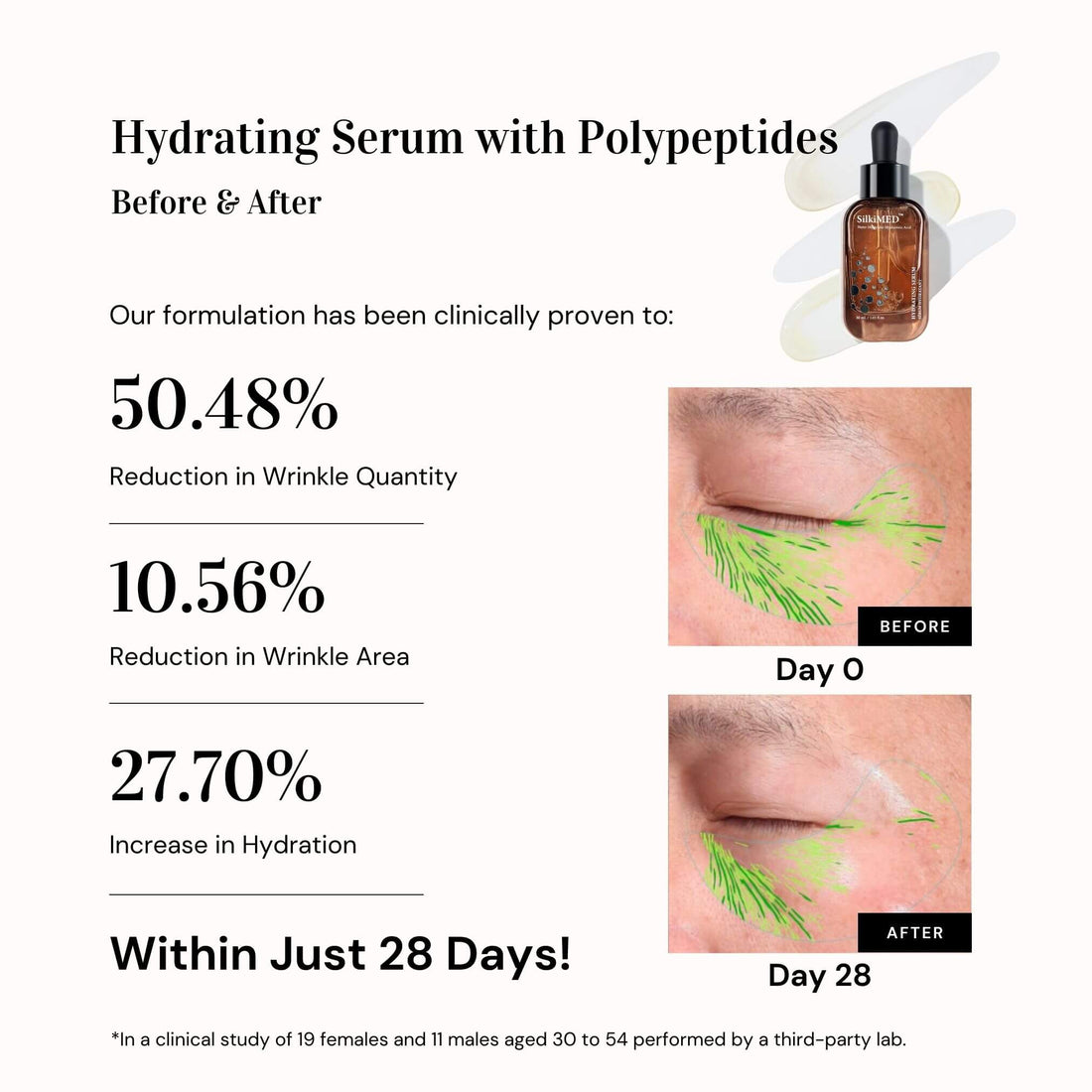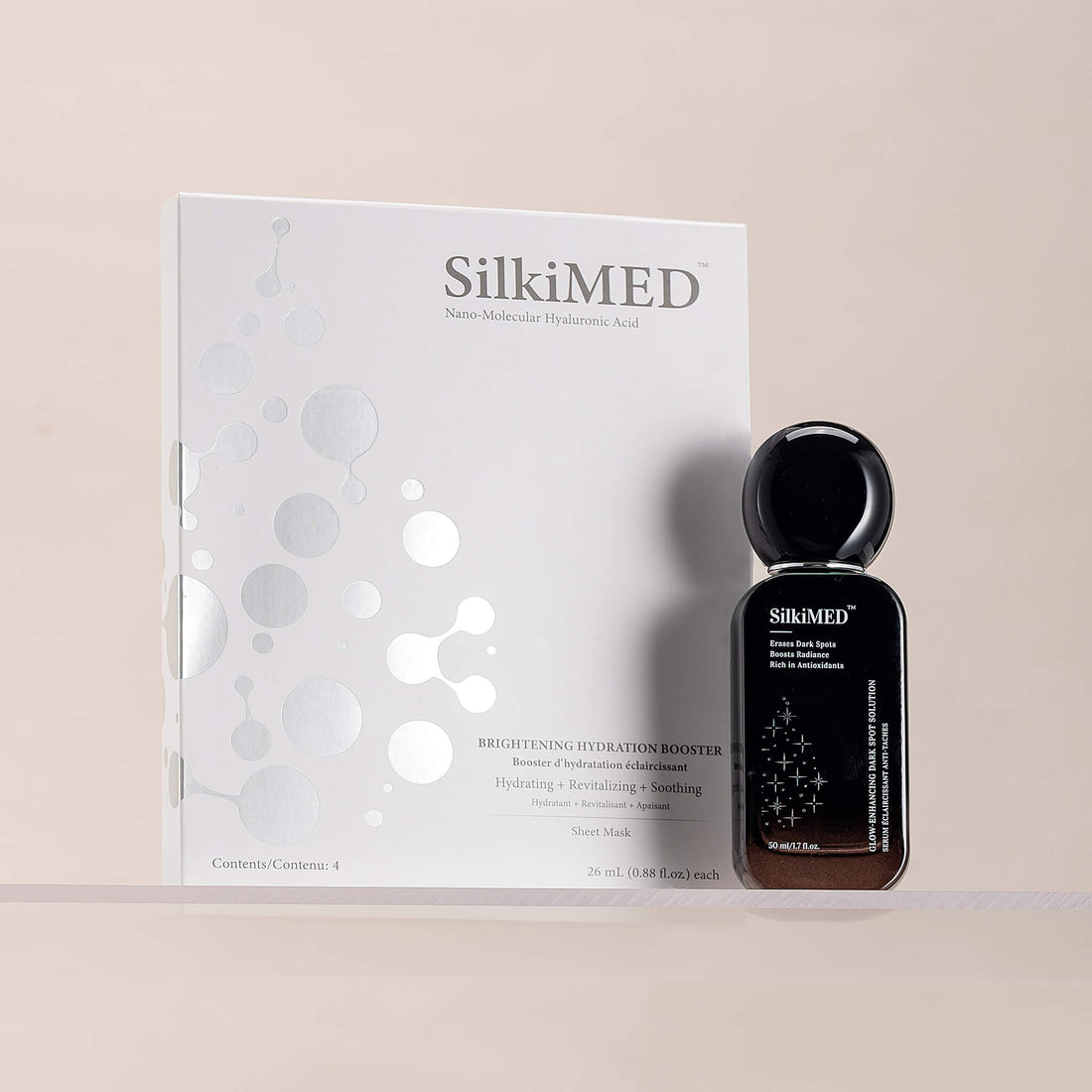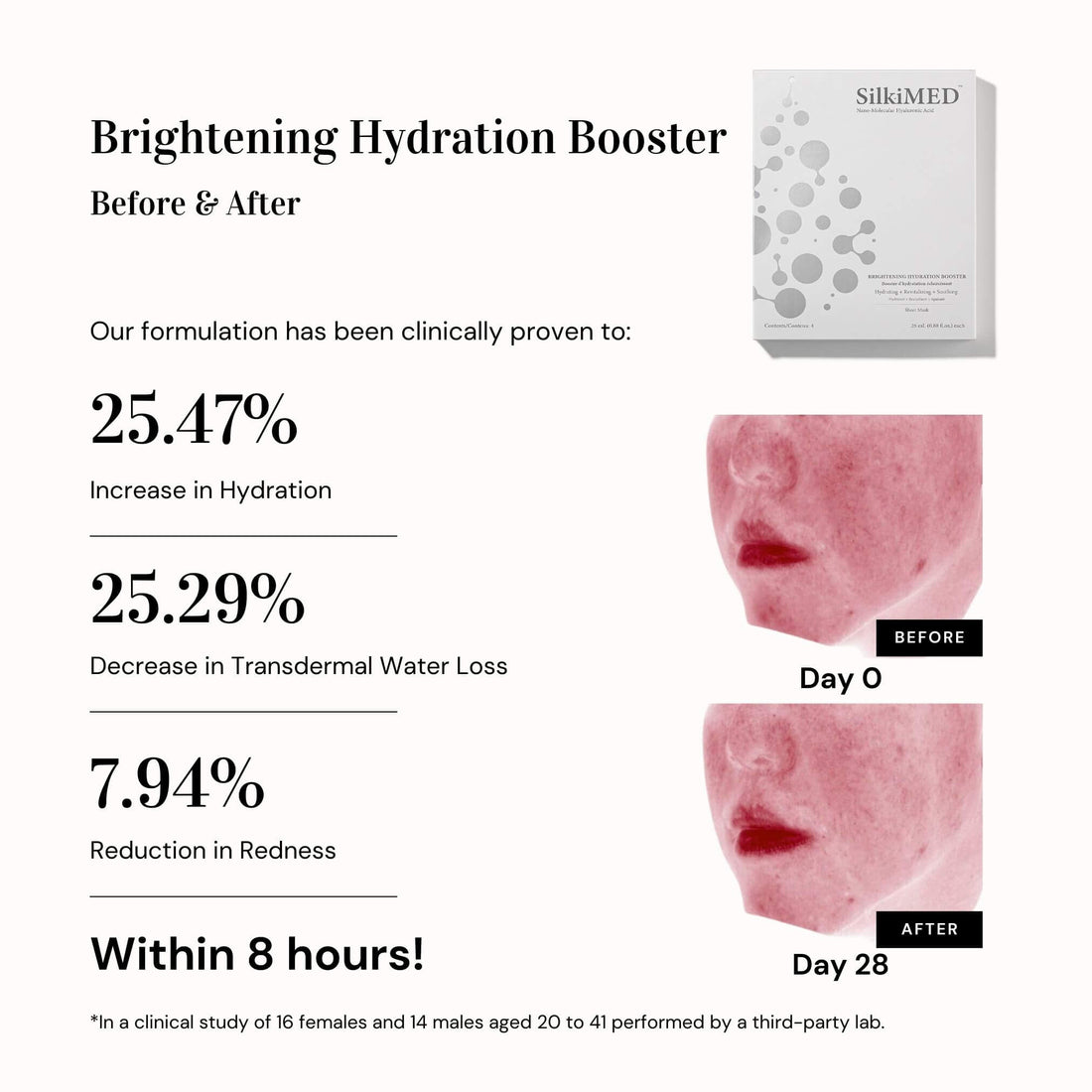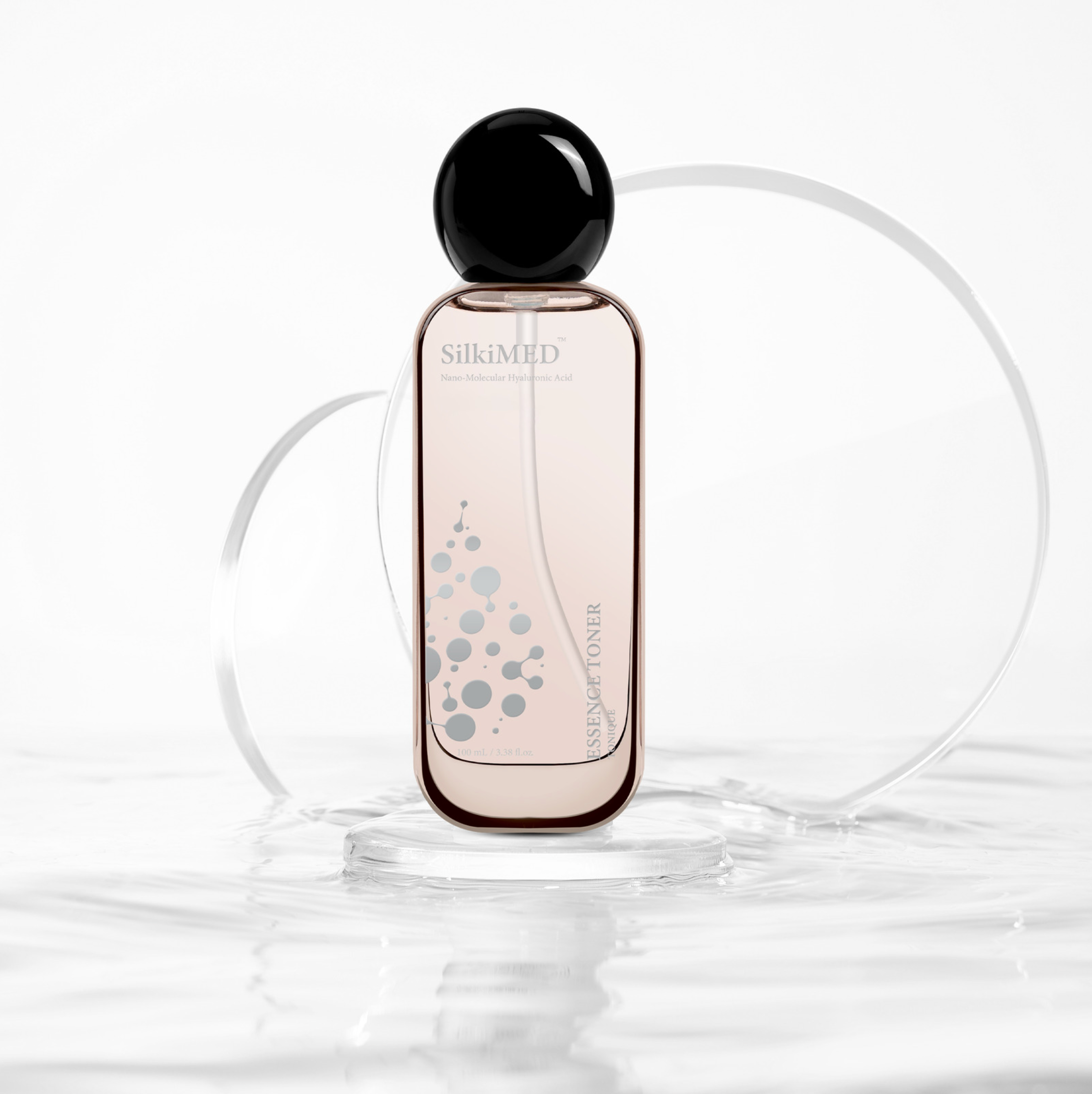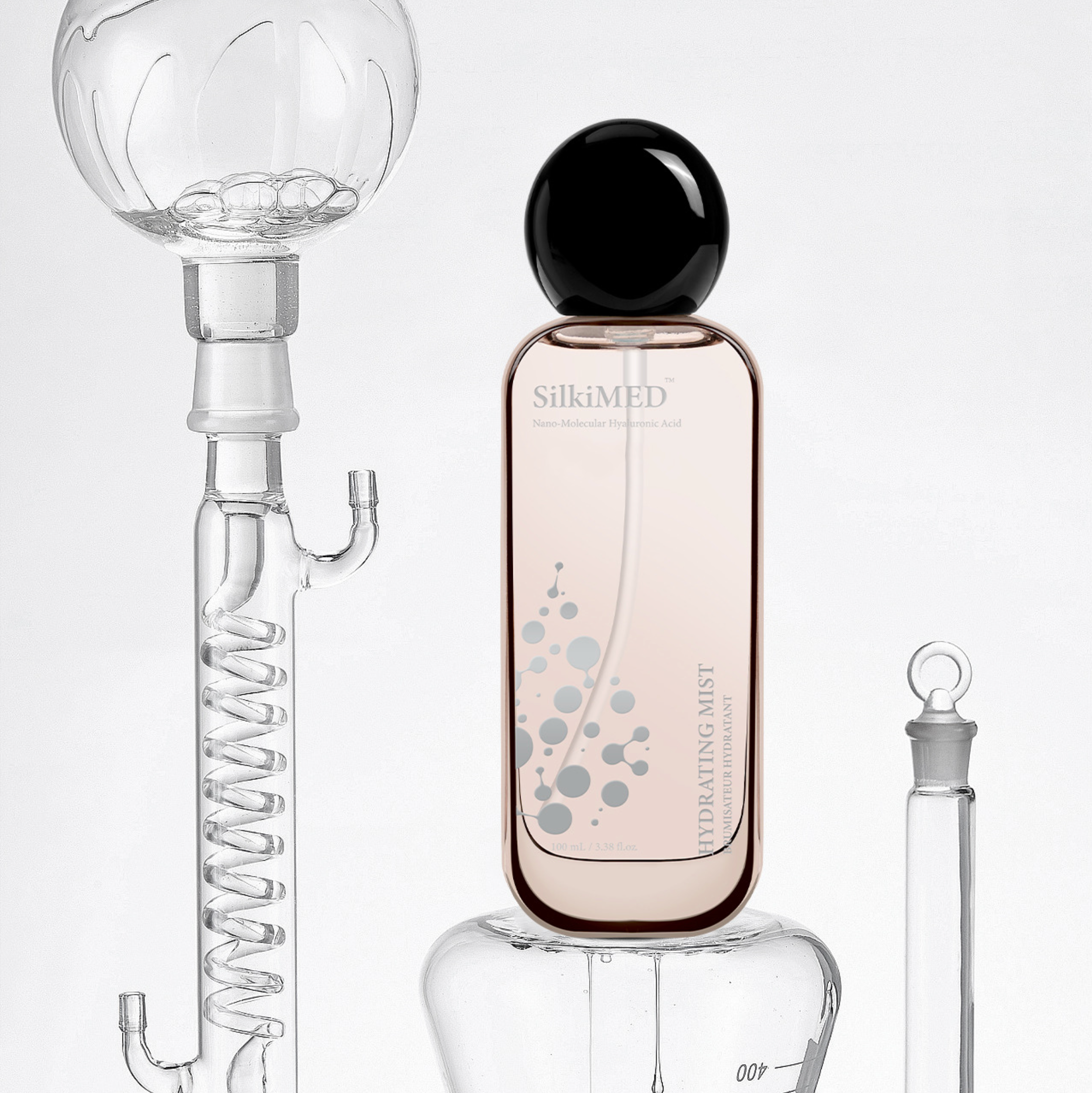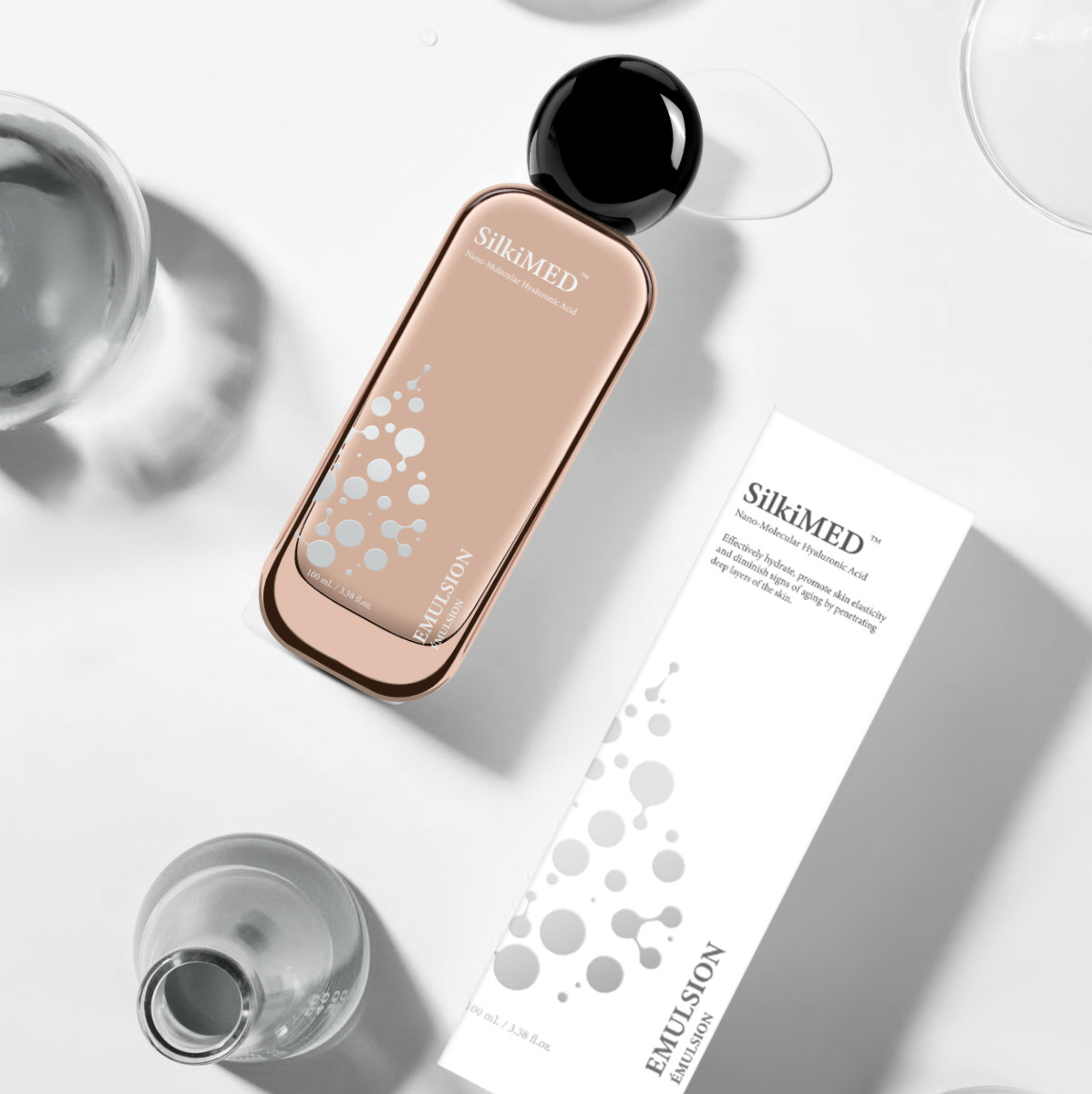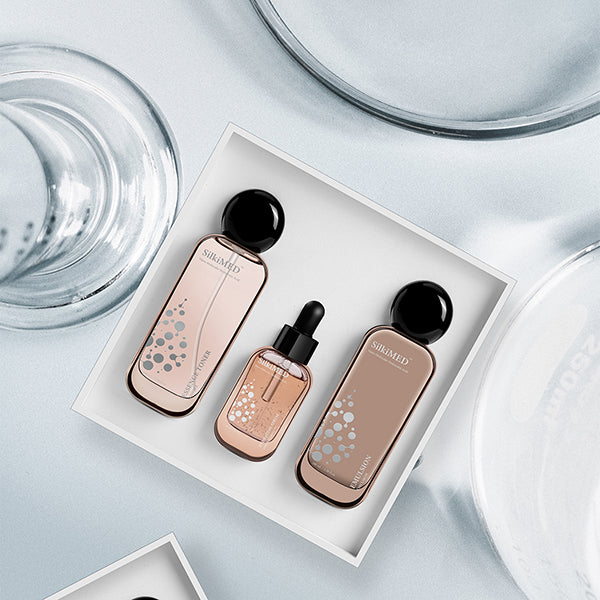8 products
-
Hydrating Serum with Polypeptides
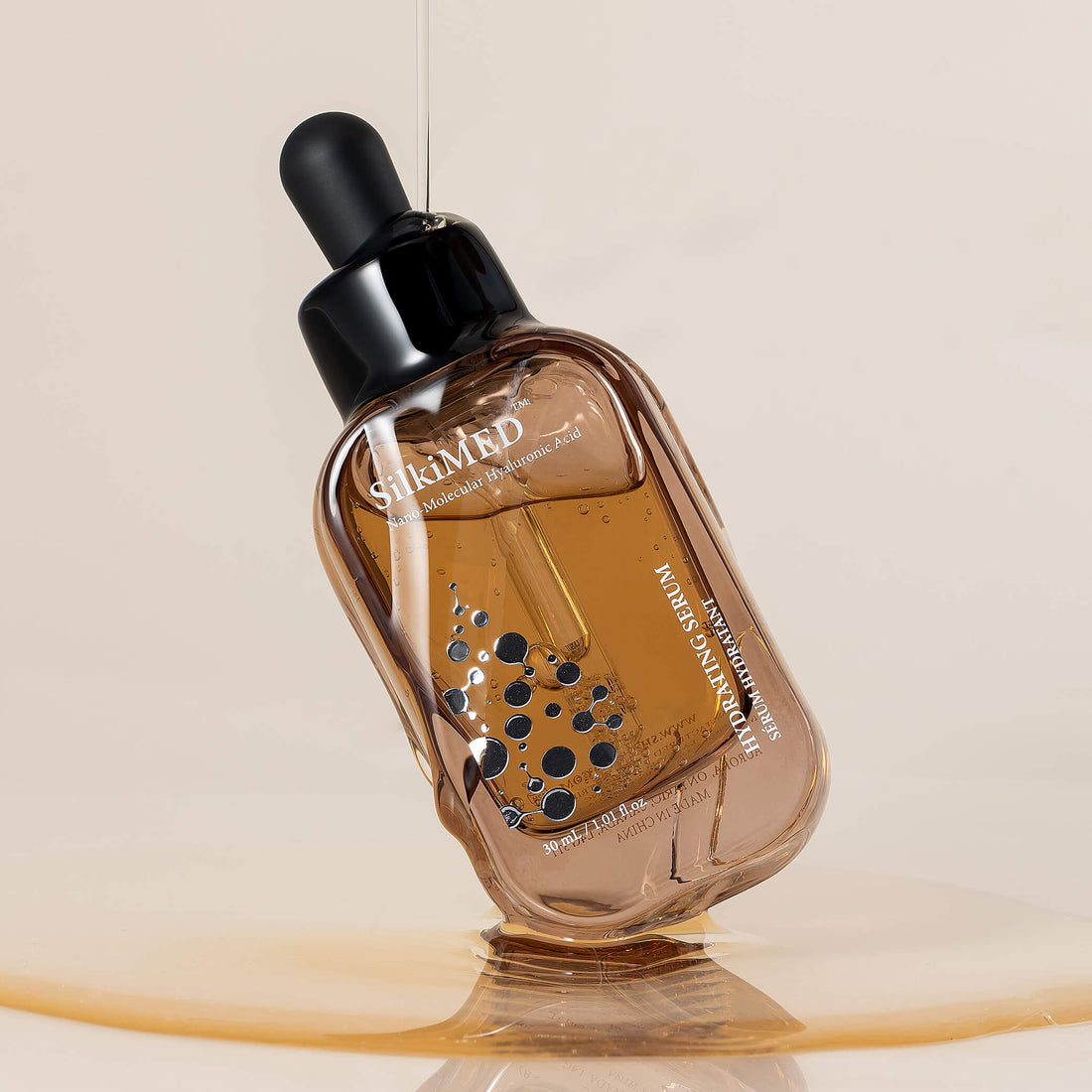
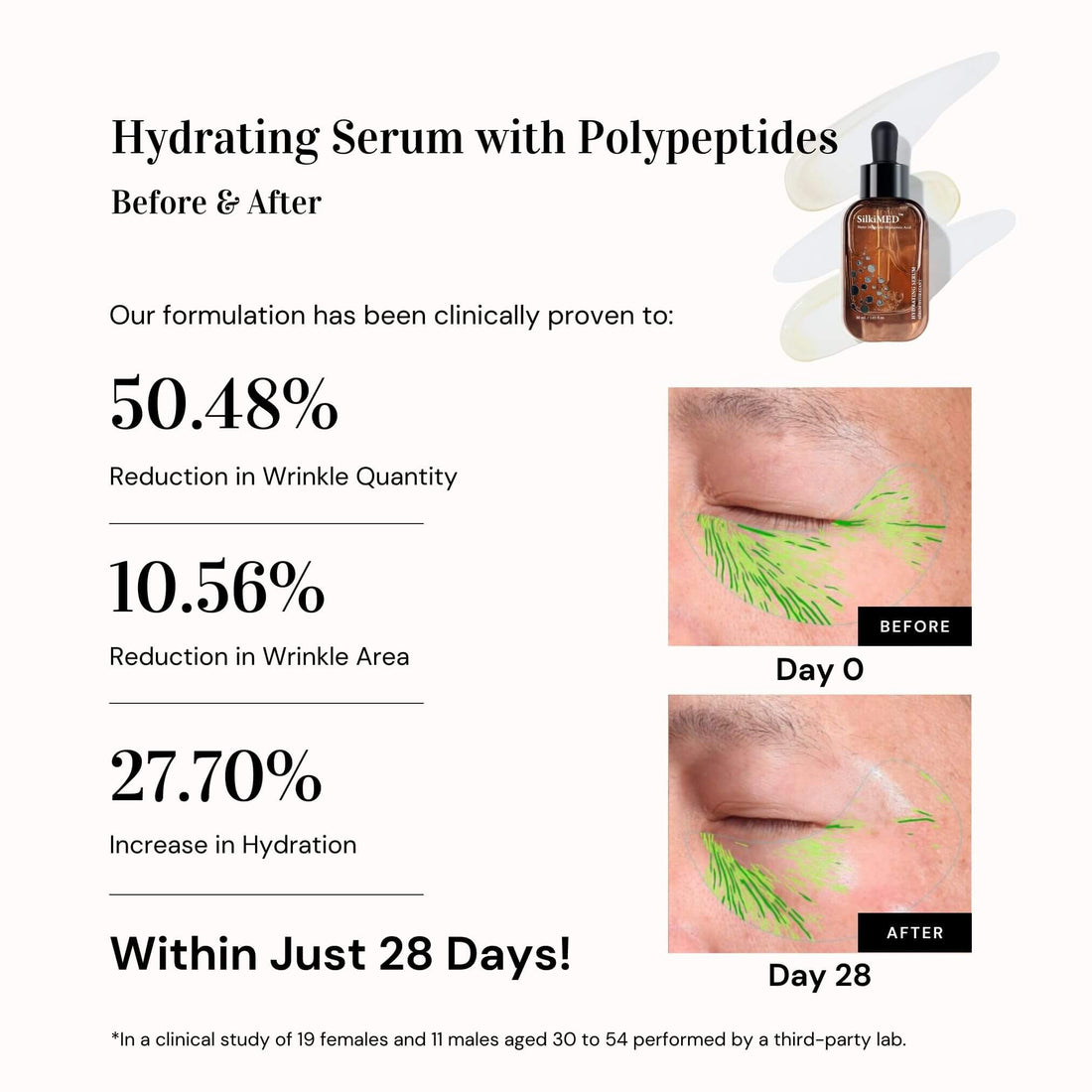 Vendor:Hydrating Serum with Polypeptidessilkimed
Vendor:Hydrating Serum with Polypeptidessilkimed- Regular price
-
$65.00 - Regular price
-
- Sale price
-
$65.00
-
Brightening Hydration Booster (4)
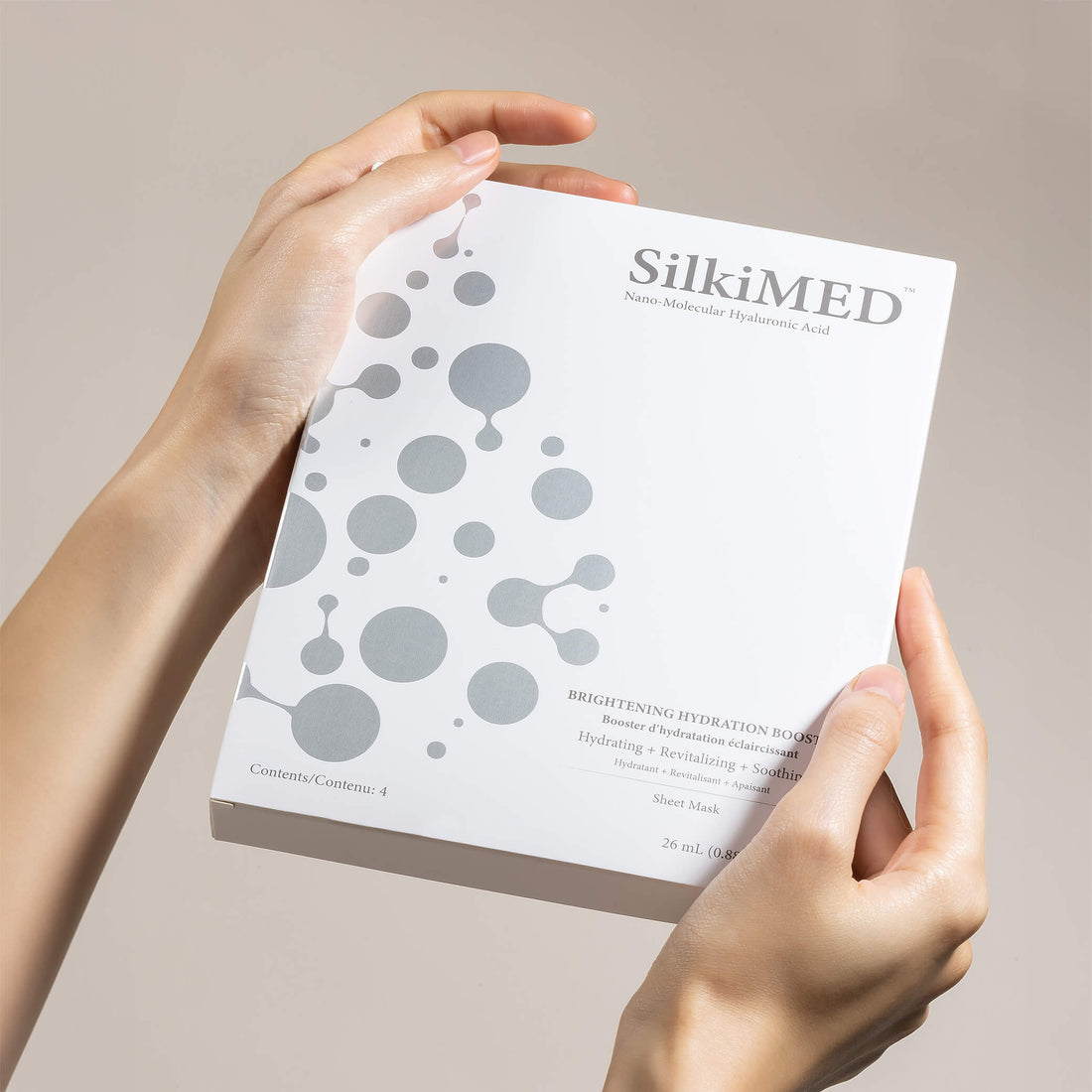
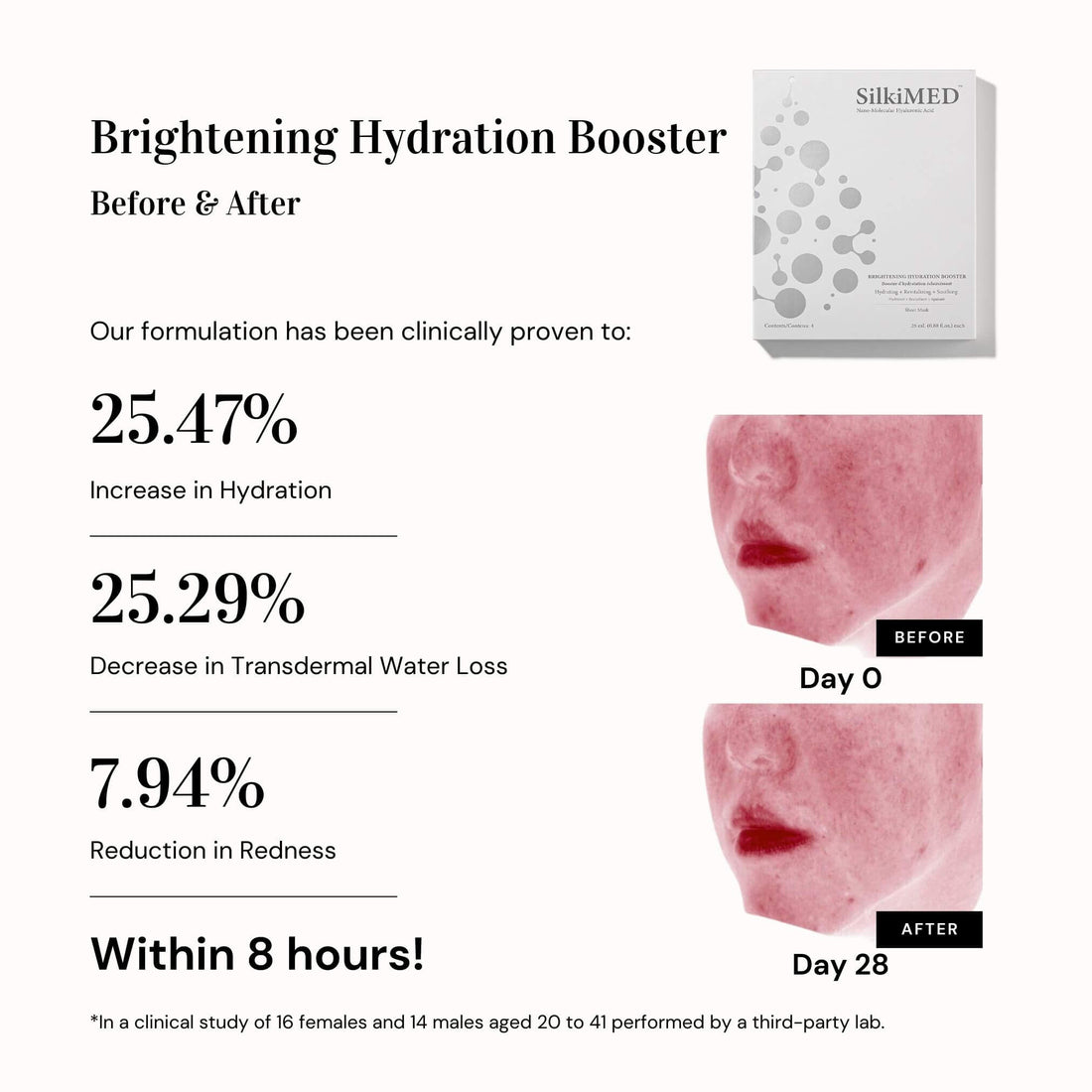 Vendor:Brightening Hydration Booster (4)silkimed
Vendor:Brightening Hydration Booster (4)silkimed- Regular price
-
$28.00 - Regular price
-
- Sale price
-
$28.00
-
OHA Comprehensive Set
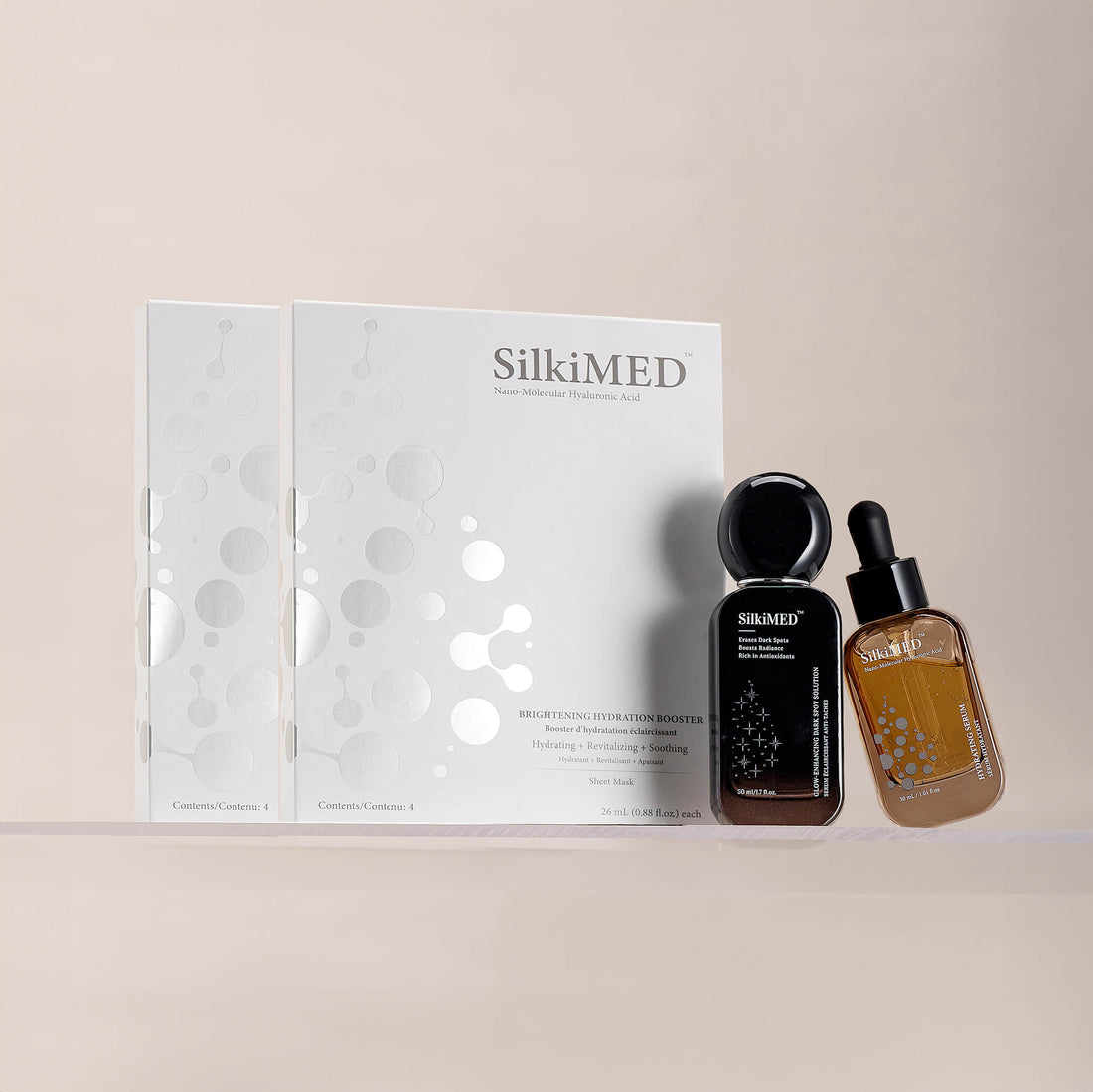
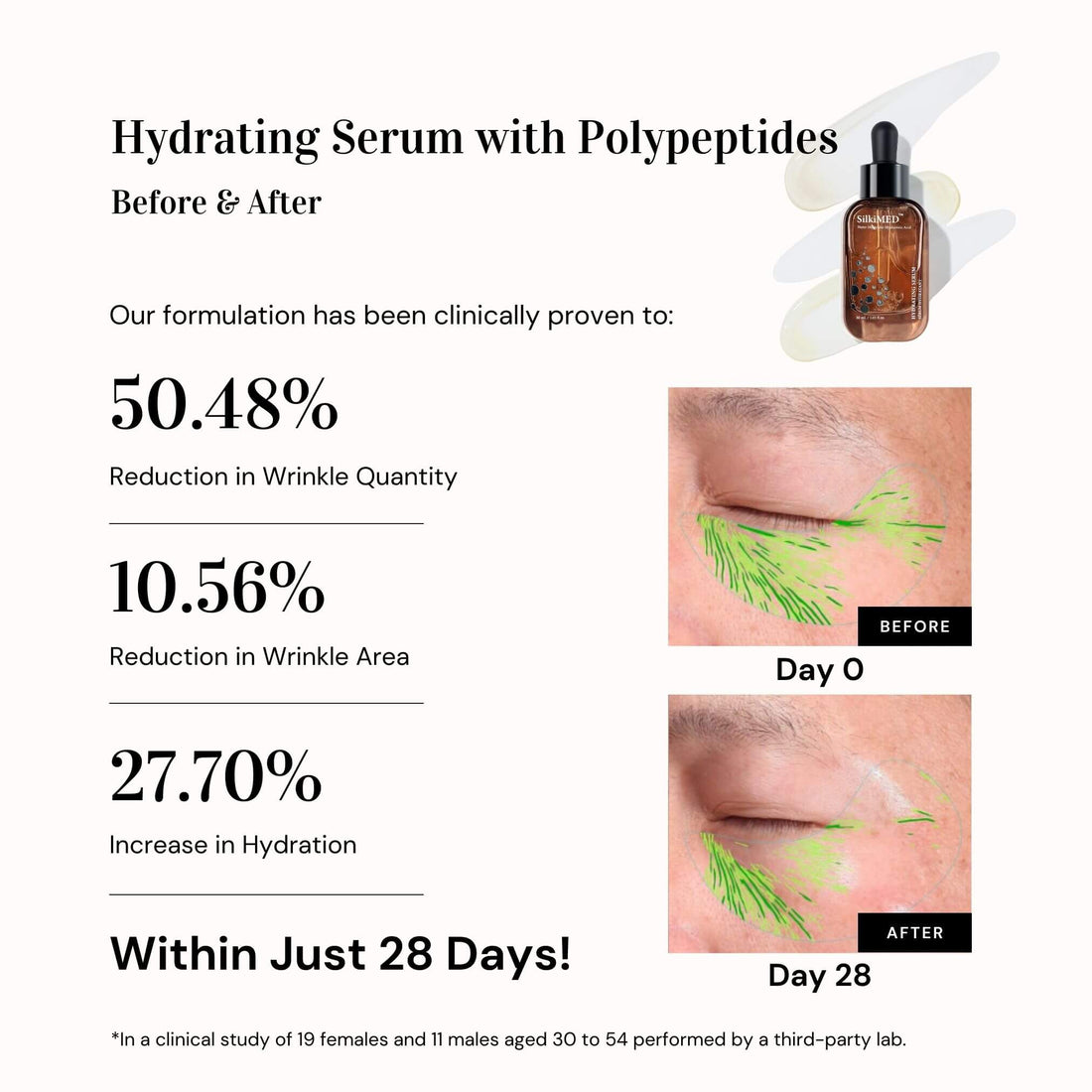 Vendor:OHA Comprehensive Setsilkimed
Vendor:OHA Comprehensive Setsilkimed- Regular price
-
$135.99 - Regular price
-
$195.50 - Sale price
-
$135.99
-
Glow-Enhancing Dark Spot Solution
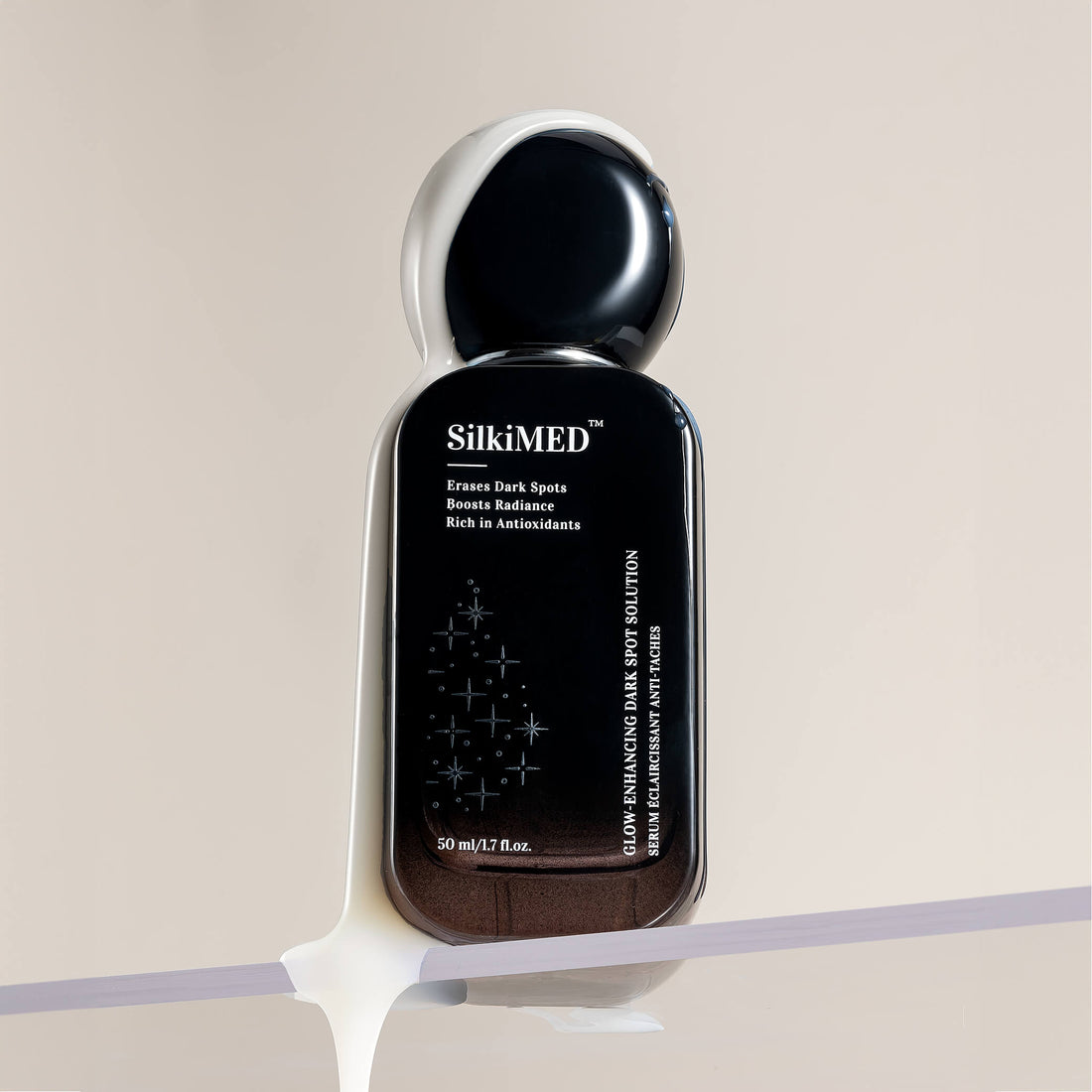
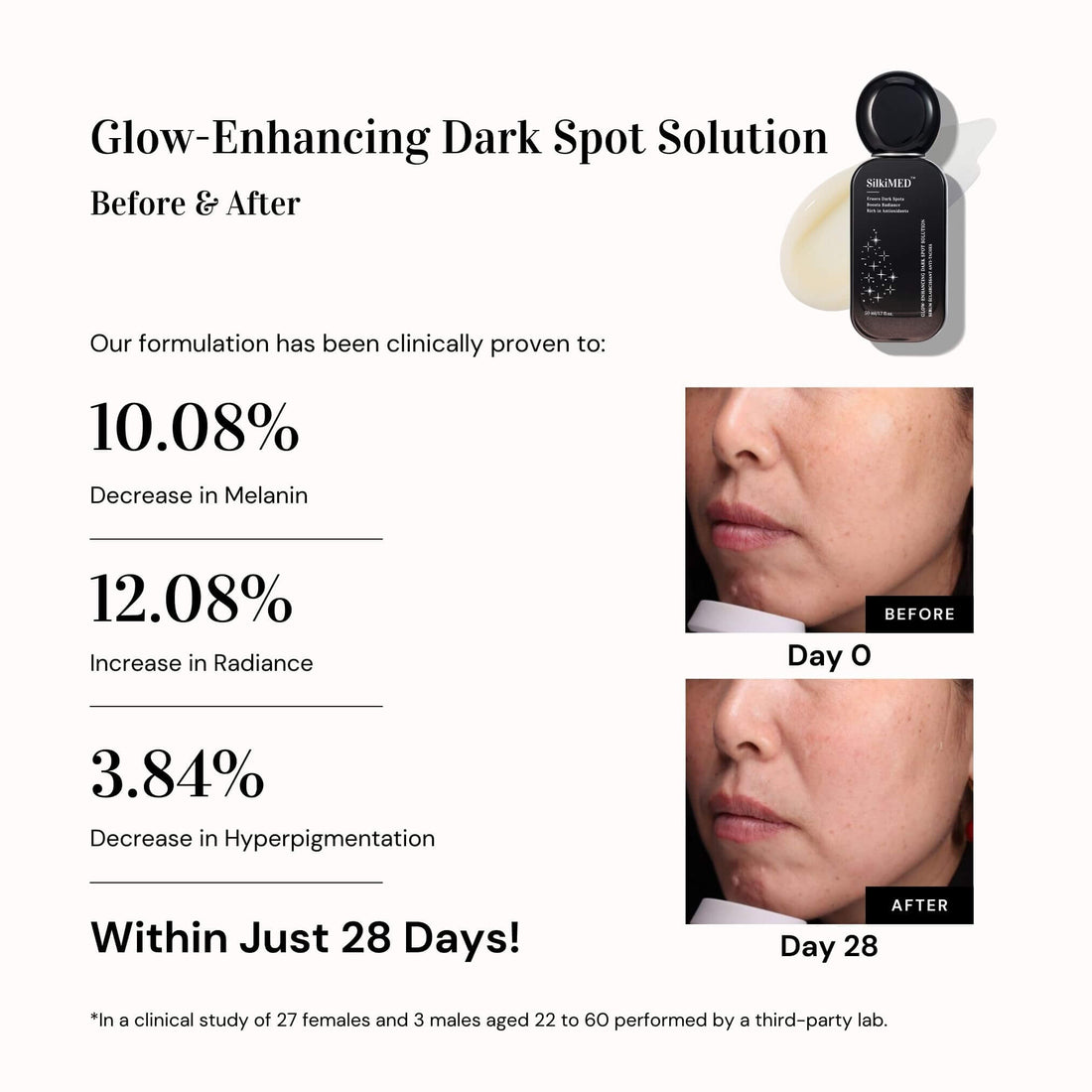 Vendor:Glow-Enhancing Dark Spot Solutionsilkimed
Vendor:Glow-Enhancing Dark Spot Solutionsilkimed- Regular price
-
$74.50 - Regular price
-
- Sale price
-
$74.50
-
Brightening Hydration Booster (1)

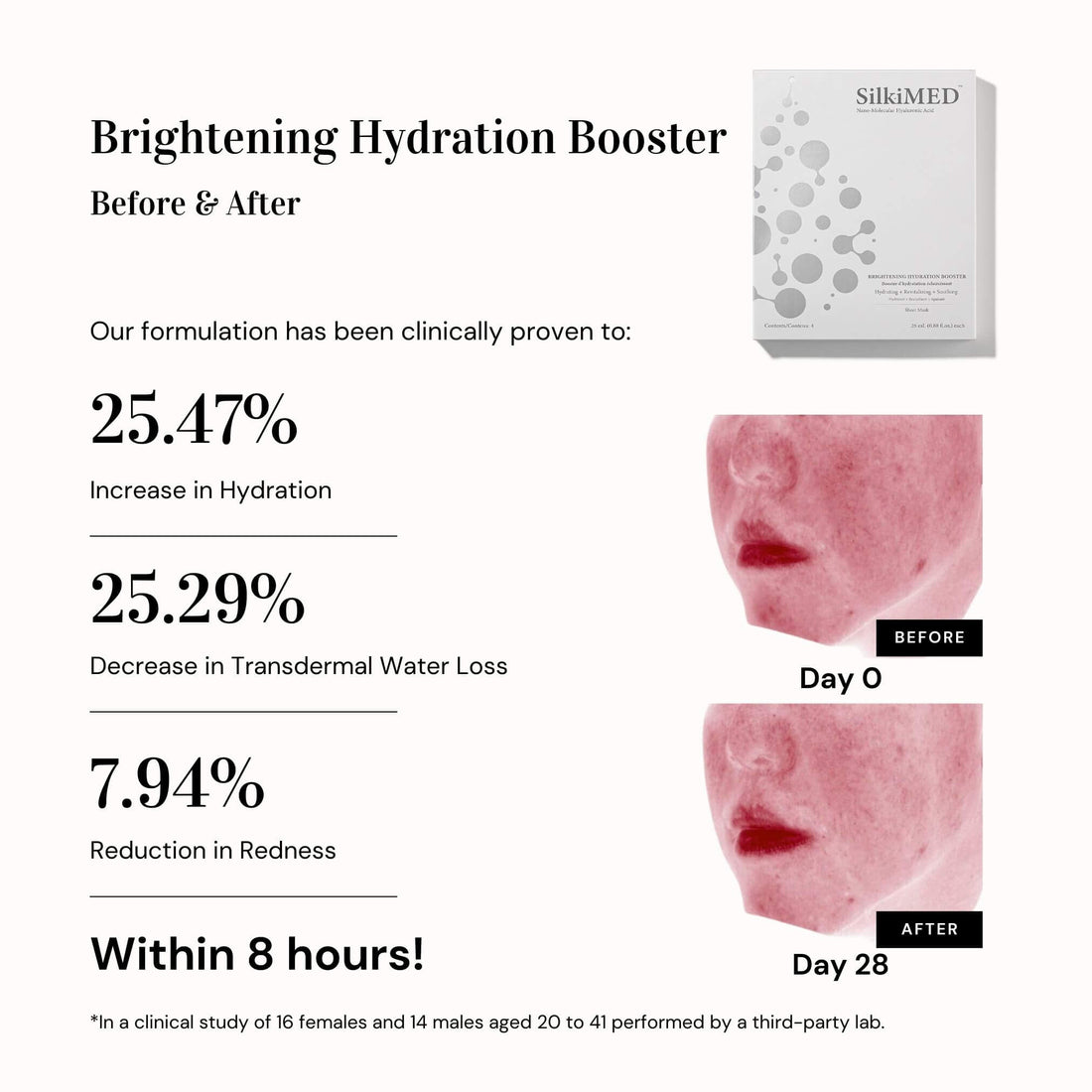 Vendor:Brightening Hydration Booster (1)silkimed
Vendor:Brightening Hydration Booster (1)silkimed- Regular price
-
$9.00 - Regular price
-
- Sale price
-
$9.00
Coming Soon
Your skin is your body’s biggest organ and creates a barrier that protects against the environment. Over time, your skin can become damaged, dull, and even dry. Xeroderma, a term used to describe dry skin, is actually quite common and can leave your skin flaky, scaly, and sometimes even irritated.
Studies have found that as many as 59.15% of women and 42.8% of men have dry skin.
If you want to learn more about the solutions to help you combat dry skin, then this guide is for you. We’ll explore the causes, risk factors, and consider what you can do about the dryness.
What is Dry Skin?
Dry skin is actually something that happens when your skin loses too much moisture and water. This causes your skin to become dehydrated. In severe cases of dry skin, you may hear a dermatologist refer to it as xerosis.
If you have dry skin, you may notice that it starts to flake. Some people have skin with a scaly appearance when it becomes too dry. Itchiness and irritation are also common in people with dry skin.
What Are the Causes of Excessively Dry Skin?
There are a couple of things that can make your skin feel very dry. If you’re constantly exposing your skin to heat or very cold temperatures, then this can be a contributing factor. Using facial cleansers, creams, and other items that contain harsh ingredients can also make your skin feel dry. Another thing that can cause excessively dry skin is overwashing and scrubbing.
Who Are Most Likely to Develop Dry Skin?
Studies have shown that women seem to have a bigger risk of dry skin compared to men. So, your gender is definitely one thing that contributes to this issue. Age is another factor, as dry skin becomes much more likely to develop if you’re over the age of 40.
What Are Different Types of Dry Skin
There are different kinds of dry skin - and sometimes, it’s even related to a skin condition. It’s important to make sure you can differentiate between different kinds of dry skin, as this will allow you to know what approach you have to take.
Let’s take a closer look at the types of dry skin that you may develop:
- Contact dermatitis: This type of dry skin is usually very sensitive. When certain things come into contact with your skin, it creates a reaction - this reaction usually feels like irritation. However, contact dermatitis can also cause your skin to experience allergic reactions. Apart from being dry, contact dermatitis also makes your skin red, and it feels itchy when these substances touch your skin. In more severe cases, you may notice a dry skin rash.
- Seborrheic dermatitis: A type of dry skin condition that often affects your scalp, but can also have an impact on areas like your chest and face. It causes your skin to develop patches where it’s dry and flaky. In seborrheic dermatitis, your skin actually has a reaction to a type of yeast that naturally grows on your skin.
- Eczema: Another dry skin condition that also affects patches of skin. With eczema, different areas of your body can be affected. The patches that the condition causes are usually red and bumpy, and the skin feels dry. A lot of people will also complain that these patches are itchy.
Best Ingredient That Works to Mitigate Dry Skin
When you take a closer look at the variety of skincare products for dry skin, you’ll notice that they use different kinds of formulas and ingredients. However, when it comes to dry skin, one of the best ingredients you should look for is hyaluronic acid.
Hyaluronic acid is one of the top hydrating ingredients on the market. Apart from hydrating your skin, hyaluronic acid is also effective at locking in moisture. It prevents your skin from losing further moisture. It’s a great choice for different kinds of dry skin problems. Even in cases where you have dry skin around eyes, a specialized serum with this ingredient can usually do wonders.
What Your Skin Care Routine Should Be to Combat Dry Skin
When you’re looking to combat dry skin, it’s really important that you take a closer look at your skin care routine. Start with the products that you’re using - look at the lists of ingredients. If you notice harsh ingredients, consider switching to a gentler product. You have to ensure you use a facial cleanser and a good moisturizer.
To maximize the benefits that your skin care routine can offer, you might also want to look into the use of a serum. These serums can usually work at a deeper level to restore your skin’s hydration - which means they target the problem you’re struggling with at its root. Dry skin is, after all, mainly caused by your skin losing water.
Best Moisturizer for Dry Skin
A great way to combat your dry skin is to use the right moisturizer. The best moisturizer for dry skin should include hydrating ingredients, without drying your skin out - so make sure you avoid products that include sulfates. A solution like our Brightening Hydration Booster can also help to significantly increase skin moisture, while also making your skin feel and look smoother.
Best Hydration Product for Dry Skin
Skin hydration is something that plays an incredibly important role in mitigating dryness. There are a lot of options to consider, but you also have to understand your own needs. For example, you can effectively combat dry skin on face with a product like our Hydrating Serum with Polypeptides.
About SilkiMED
SilkiMED is a skincare brand that prioritizes clean and medical-grade quality products. We’ve been working toward making high-end products more accessible for the average person who wants to improve their skin. At SilkiMED, we understand the most common troubles that people have with their skin, and focus on developing formulas that help to mitigate those issues.
FAQ of Dry Skin
Why is my skin so dry even when I moisturize?
If you’re asking why is my skin so dry even when I moisturize, then there’s a good chance that the moisturizer you use contains ingredients that are dehydrating your skin. This may include sulfates and things like isopropyl alcohol.
What are some facts about dry skin type?
Dry skin itself isn’t actually harmful, but it can cause your skin to appear flaky and scaly. If you have dry skin, then it’s also more likely to get irritated and become itchy.
Does dry skin ever go away?
If you have dry skin, how you go about addressing it will determine if it goes away. Most people are able to take care of dry skin by using the right products and with a couple of lifestyle changes.
Can dry skin cause permanent damage?
Dry skin won’t actually cause serious permanent damage. However, if it becomes itchy and you scratch your skin, then you can cause scarring that takes a long time to actually fade and heal.
What is your body lacking when you have dry skin?
There are some cases where a lack of certain nutrients contributes to dry skin. These nutrients include iron, zinc, niacin, vitamin A, and vitamin D.






